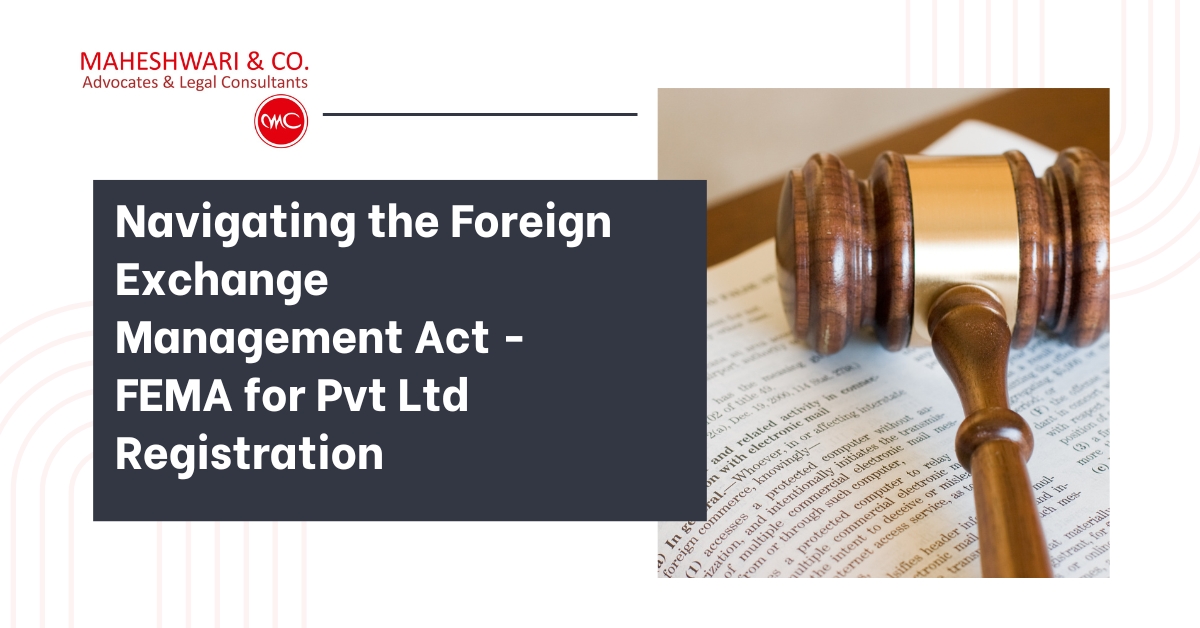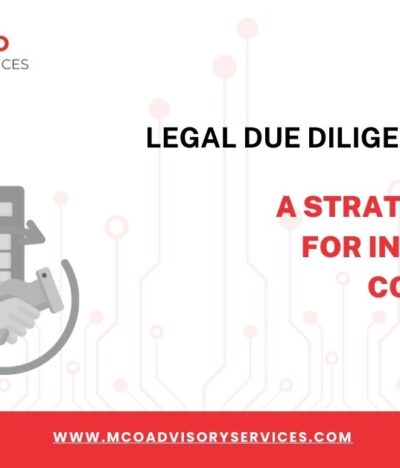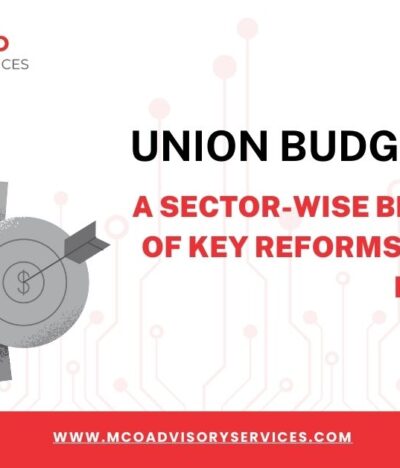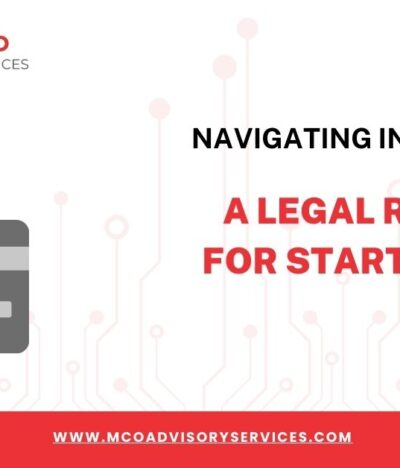What are FEMA regulations? The Foreign Exchange Management Act (FEMA) is a critical regulatory framework governing foreign exchange transactions in India. It plays a pivotal role in ensuring the smooth functioning of foreign investments and transactions. Understanding and complying with FEMA for Pvt Ltd registration is essential for businesses looking to attract foreign direct investment (FDI) and non-resident Indian (NRI) investments.
Compliance with FEMA for Pvt Ltd registration is not just a legal obligation but also a strategic move to enhance credibility and foster trust among international investors. This content explores the key aspects of FEMA, its compliance requirements for Pvt Ltd companies and the benefits of complying with these regulations.
Understanding FEMA for Pvt Ltd Registration
FEMA was enacted in 1999, replacing the Foreign Exchange Regulation Act (FERA). The primary objective of FEMA for Pvt Ltd registration is to facilitate external trade and payments and promote the orderly development and maintenance of the foreign exchange market in India. Unlike FERA, which was more regulatory, FEMA is focused on managing and facilitating foreign exchange transactions. And hence FEMA regulations for foreign investment in India come in handy to NRI departments.
Key Aspects of FEMA Regulations
FEMA regulates all foreign exchange transactions, covering areas such as foreign direct investment (FDI), external commercial borrowings, foreign currency accounts, and investments by NRIs. Compliance with FEMA for Pvt Ltd registration in India is mandatory for all entities engaging in foreign exchange transactions.
Key aspects of FEMA regulations for NRI investment in India include:
- Foreign Exchange Transactions: Streamlined procedures for foreign exchange transactions and remittances.
- Capital Account Transactions: Guidelines for investments in India and by Indians abroad.
- Current Account Transactions: Regulations for payments related to trade, travel, and services.
- Foreign Direct Investment (FDI): Policies governing foreign investments in various sectors.
- NRIs and PIOs: Rules for property transactions and banking.
Steps to Ensure Compliance with FEMA for Pvt Ltd Registration
Eligibility Assessment and Documentation:
Form FC-GPR: For reporting transactions related to the issue of capital instruments to non-residents or receiving foreign investments, use Form FC-GPR. Submit this form to the designated Authorized Dealer (AD) bank within 30 days from the date of allotment of shares, ensuring it aligns with FEMA for Pvt Ltd registration.
Form ODI: For reporting overseas investments by Indian entities, ensure compliance with FEMA regulations in India by submitting Form ODI within 30 days of the transaction.
Reporting and Compliance:
All foreign direct investment (FDI) transactions must be reported to the RBI. For transactions that require government approval, use Form FC-TRS and submit it within 60 days from the date of the transaction.
Maintain compliance with the FEMA for Pvt Ltd registration for NRI investment in India by adhering to the reporting requirements and ensuring timely submissions.
Role of the Reserve Bank of India (RBI) and Ministry of Finance
RBI’s Role:
The RBI regulates and monitors all foreign exchange transactions in India. It issues guidelines and forms necessary for reporting FDI and oversees the compliance of FEMA for Pvt Ltd registration in India. The RBI also provides directions to authorized banks for processing foreign exchange transactions.
Under the automatic route, the RBI’s role is minimal, requiring only intimation within specified periods. For the approval route, the RBI scrutinizes and grants approvals based on the recommendations of the relevant ministries.
Ministry of Finance:
The Ministry of Finance, through its various departments, works in conjunction with the RBI to regulate and facilitate foreign investments. It handles policy decisions and sectoral caps for FDI, ensuring that the economic interests of the country are safeguarded.
Automatic Route vs. Approval Route for Foreign Investments
Automatic Route:
Under the automatic route, foreign investors do not require prior approval from the Government of India or the RBI. Investments can be made in specified sectors up to the permitted limits without undergoing a lengthy approval process. Only post-investment intimation to the RBI is required, which simplifies the investment procedure and encourages foreign investment.
Approval Route:
The approval route, also known as the government route, requires prior approval from the relevant ministries or the Foreign Investment Promotion Board (FIPB). This route is necessary for sectors that have higher sensitivity or strategic importance to the country.
Common Challenges and Solutions
Complex Regulatory Framework
Challenge: FEMA for Pvt Ltd registration procedures are complicated and can be difficult to navigate, especially for businesses engaged in foreign exchange transactions. The complexity arises from numerous rules, sub-rules,and guidelines issued by the Reserve Bank of India (RBI) and the Ministry of Finance.
Strategy to Overcome: Engage specialised legal advisors who have expertise in FEMA for Pvt Ltd registration regulations in India. These professionals can provide guidance on compliance, help interpret complex legal language and ensure that all transactions adhere to the latest rules.
Frequent Amendments
Challenge: FEMA for Pvt Ltd registration are subject to frequent amendments, making it challenging for businesses to stay up-to-date. These changes have a high influence on compliance requirements and operational procedures.
Strategy to Overcome: Subscribe to official notifications and updates from the RBI and the Ministry of Finance. By doing so, companies can swiftly adapt their policies and procedures to remain compliant.
Approval Delays
Challenge: Obtaining necessary approvals for from regulatory bodies can be a time-consuming process, potentially causing delays in transactions and business operations.
Strategy to Overcome: Plan ahead and ensure timely submission of all required documents. Submitting complete and accurate documentation can also help in expediting approvals.
Benefits of Compliance with FEMA for Pvt Ltd Registration
I. Enhanced Credibility with International Investors
FEMA (Foreign Exchange Management Act) provides a comprehensive framework for managing foreign exchange in India, ensuring that foreign investments are regulated and monitored. When FEMA for Pvt Ltd registration takes place, It demonstrates transparency, reliability and a commitment to legal standards, thereby enhancing its credibility. This builds confidence among foreign investors who are often cautious about regulatory risks and compliance issues when investing in foreign markets.
II. Smoother International Transactions
Adhering to FEMA for Pvt Ltd registration regulations ensures that international transactions are conducted smoothly and without legal hassles. FEMA regulates foreign exchange transactions, including foreign investments, repatriation of profits and external commercial borrowings. By complying with these regulations, a Pvt Ltd company can avoid unnecessary delays, legal challenges and administrative hurdles associated with non-compliance.
III. Legal Protection and Risk Mitigation
Compliance with FEMA for Pvt Ltd registration reduces the risk of legal penalties and provides protection against potential disputes. Non-compliance with FEMA can lead to severe penalties, including fines and imprisonment. It can also result in damage to reputation and loss of business opportunities. A company adhering to FEMA for Pvt Ltd registration procedure, ensures that its foreign exchange transactions are legally compliant.
IV. Access to Broader Investment Opportunities
FEMA regulations for NRI investment in India open up opportunities for securing investments from global markets. FEMA facilitates foreign direct investment (FDI) and other forms of foreign investment in India by providing a regulated environment that protects investors’ interests. A Pvt Ltd company that complies with FEMA is eligible to attract foreign investments through approved routes such as the automatic route and the government route.
Conclusion
In conclusion, understanding and complying with FEMA for Pvt Ltd registration is crucial for companies looking to attract foreign investments and operate seamlessly in the global market. By adhering to FEMA regulations for NRI investment in India and other foreign transactions, Pvt Ltd companies can enhance their credibility, ensure legal protection and capitalise on international opportunities. It is advisable to seek professional advice for navigating complex compliance issues and staying updated with the latest regulatory changes.
Ensure Seamless FEMA Compliance with MAHESHWARI & CO.
Ensure seamless compliance with FEMA for Pvt Ltd registration regulations by leveraging MAHESHWARI & CO.’s expertise. Our team provides comprehensive guidance on essential documentation, approval processes and staying updated with the latest FEMA regulations in India. Contact us today to safeguard your investments and streamline your registration process with professional precision.
FAQs on FEMA for Pvt Ltd Registration
1. What are the key compliance requirements under FEMA for registering a Private Limited Company with foreign investment in India?
- Filing Necessary Forms: Companies must file specific forms with the Reserve Bank of India (RBI) to report foreign investments. Key forms include the FC-GPR (Foreign Currency-Gross Provisional Return) for reporting the issue of shares to foreign investors.
- Obtaining Approvals: Depending on the nature and amount of investment, approvals might be required from the RBI or the relevant government authority. The investment can be under the Automatic Route or the Approval Route.
- Maintaining Accurate Documentation: Companies must maintain comprehensive records of all foreign exchange transactions, including inward remittances, share allotments, and transfers. Documents such as the Foreign Inward Remittance Certificate (FIRC), Know Your Customer (KYC) documents of the investors, and the annual return on Foreign Liabilities and Assets (FLA) are crucial for compliance.
2. How do the Automatic Route and Approval Route differ for foreign investments under FEMA?
- Automatic Route: Under this route, foreign investors can invest in India without prior approval from the RBI or the government. This is applicable to sectors where 100% foreign direct investment (FDI) is allowed without restrictions. Post-investment, companies are required to report the transactions to the RBI within the prescribed timelines.
- Approval Route: For sectors where FDI is either restricted or capped at certain limits, prior approval from the RBI or the relevant government authority is mandatory. Companies must apply for approval before receiving any foreign investment. Once approval is granted, the company can proceed with the investment and must comply with additional reporting requirements.
3. What are the essential documents needed for FEMA compliance during the registration of a Pvt Ltd company?
- Certificate of Incorporation: This document certifies that the company is legally registered and recognized as a corporate entity in India.
- Foreign Inward Remittance Certificate (FIRC): Issued by the receiving bank, this certificate confirms the receipt of foreign funds.
- Know Your Customer (KYC) Documents: These include identity and address proofs of the foreign investors, ensuring they comply with anti-money laundering regulations.
- FC-GPR Form: This form is filed with the RBI to report the issue of shares to foreign investors. It must be submitted within 30 days of allotting the shares.
4. What are the penalties for non-compliance with FEMA regulations for Private Limited Companies?
Non-compliance with FEMA regulations can lead to severe consequences, including:
- Fines: Monetary penalties can be imposed for failing to comply with reporting requirements or other regulatory obligations.
- Legal Action: In cases of severe non-compliance, legal proceedings can be initiated against the company and its directors.
- Restrictions on Future Transactions: Companies may face restrictions or prohibitions on future foreign exchange transactions, which can hinder their ability to raise foreign capital or engage in international business.
5. How can Private Limited Companies stay updated with the latest amendments and updates in FEMA regulations for foreign investment in india?
- Subscribe to Official Notifications: Companies should subscribe to updates and notifications from the RBI and the Ministry of Finance. This ensures they receive timely information about any changes in regulations.
- Engage Legal Experts: Hiring specialised legal advisors who are well-versed in FEMA regulations can help companies stay informed and compliant. These experts can interpret new amendments, advice on compliance strategies, and ensure that the company’s operations align with current regulations.






